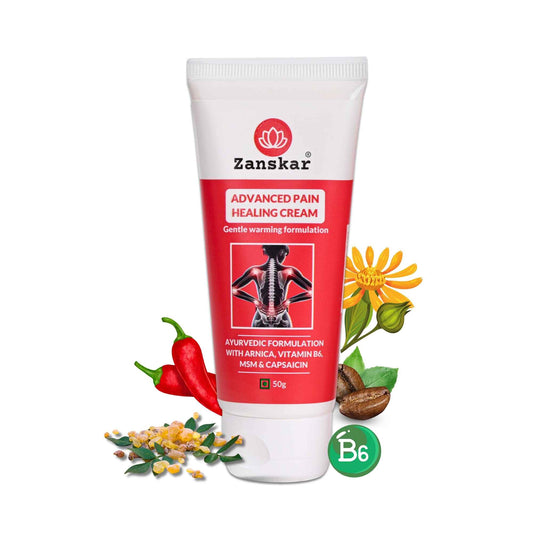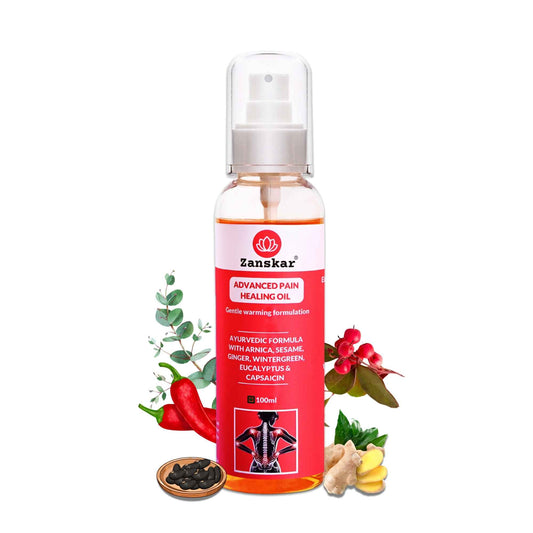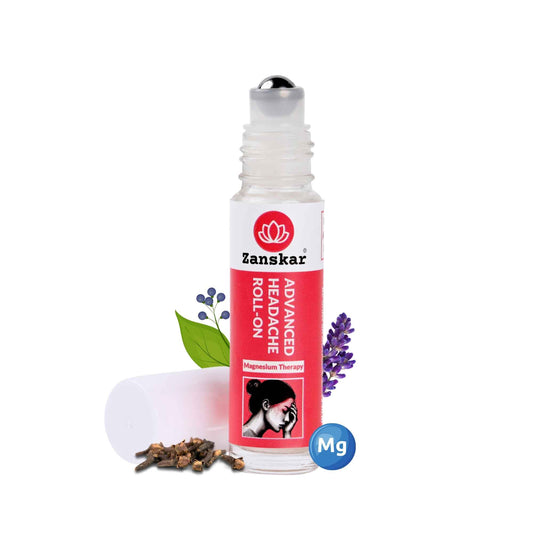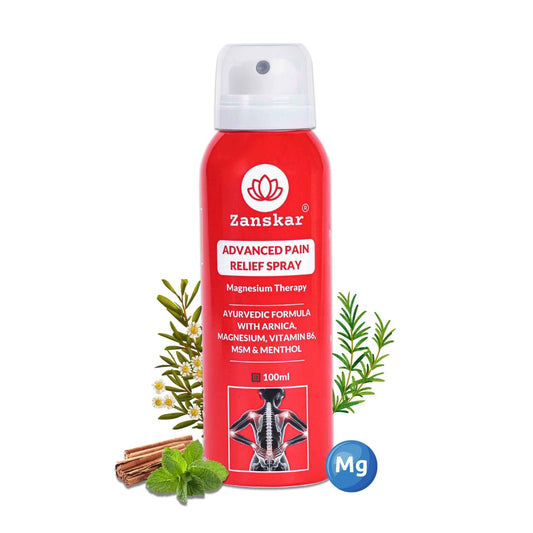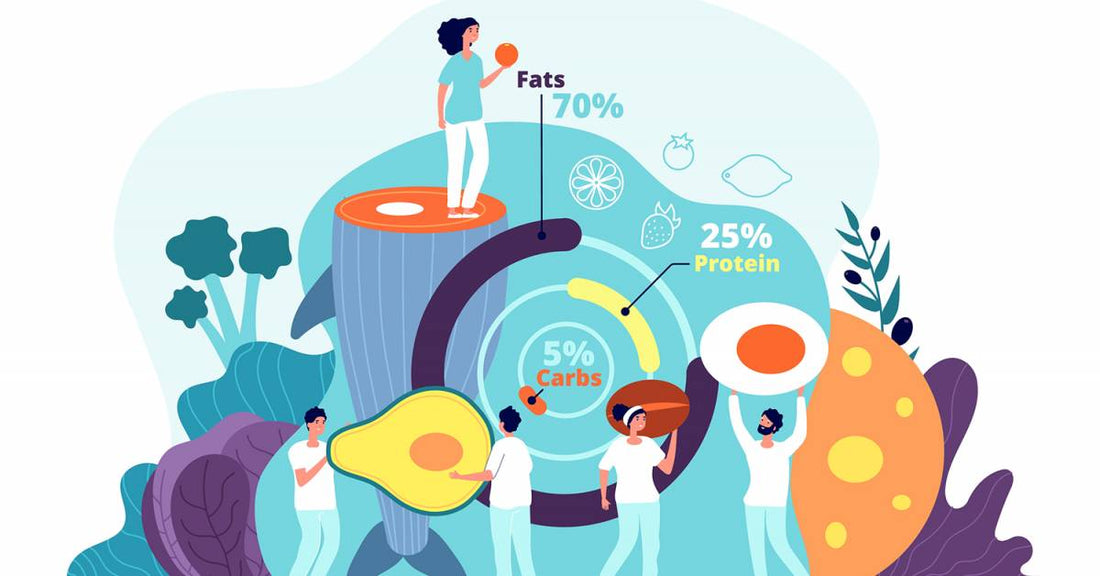
Does Keto Diet Cause Joint Pain?
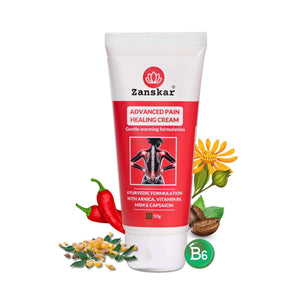
It can be beneficial to drop extra weight when you have joint pain, but it’s important to shed it wisely. The nutrients you eat, whether you’re on a diet or not, are the essential ingredients for good health.
The ketogenic diet, the buzzworthy high-fat, low-carb plan commonly called keto, is based on the idea that cutting out carbohydrates — the body’s primary source of energy — forces the body to burn fat for fuel, supercharging your weight loss.
But eliminating grains, fruits, many vegetables, as well as other healthy foods from your diet depletes your body of the vitamins and minerals you need to stay in balance. “It’s not a good choice for people with systemic inflammatory conditions, because it completely goes against the science we know that prevents inflammation in the body,” says a Zanskar Health pain expert.
Why Keto Isn’t Joint-Friendly
- Inflammation: The keto diet is also high in saturated fat, which can increase inflammation markers. Inflammation is a root cause of joint pain. To reduce inflammation, you can try eating more poly- and monounsaturated fats from foods like fish, walnuts, and olive oil. You can also try an anti-inflammatory ketogenic diet that cuts out sugars, starches, grains, and legumes, and focuses on healthy, unprocessed fats, pastured meats, eggs, wild fish, and leafy greens.
-
Gout:The keto diet is high in purine-rich foods, which the body breaks down into uric acid. When there's too much uric acid in the blood, it can form needle-like crystals in joints, causing pain, swelling, tenderness, and redness. Eating a lot of meat, especially processed meats, can increase the risk of gout and kidney stones.
- Elеctrolytе Imbalancе: Thе kеto diеt can altеr еlеctrolytе balancе, potеntially lеading to dеhydration and affеcting musclе and joint function. Adеquatе hydration and еlеctrolytе managеmеnt arе crucial.
The Better Way to Eat to Control Inflammation
Many experts agree that the Mediterranean diet is advised for people who have joint pain, as well as other types of joint pain. It emphasizes a plant-based eating approach, loaded with vegetables and healthy fats, including olive oil and omega-3 fatty acids from fish.
It is the only diet suggested in the American College of Rheumatology’s draft guidelines for integrative treatment of RA. Research published in the journal Frontiers in Nutrition in November 2017 investigated dietary interventions for RA and determined that an ideal meal would include raw or moderately cooked vegetables (lots of greens and legumes), with the addition of spices like turmeric and ginger, seasonal fruits, and probiotic yogurt — all of which are good sources of natural antioxidants and deliver anti-inflammatory effects. They also recommend avoiding processed foods, foods with high sodium levels, oils, butter, sugar, and animal products.
Learn More About Zanskar Health
If you have joint or muscle pain that makes it hard to move, Zanskar offers the most advanced full stack pain relief solutions for you.
Now available to purchase, Zanskar® Advanced Pain Care Products have a unique formulation of natural bioactive ingredients and provide lasting relief from muscle and joint discomfort that you can feel good about. Get your fix before stocks run out - buy now.
You can also gain access to therapeutic exercises and stretches for your condition by downloading the Zanskar Health physiotherapy mobile app. Additionally, you’ll have a personal care team to guide, support, and tailor our program to you, including behavioral and nutritional coaching.
Download our mobile app here 👉 download and track your exercise streak.
Medical Review: This article is written by Dr Nishtha Mittal (Senior Health Content Editor at Zanskar Health) and has been medically reviewed by the medical team at Zanskar Health. This article and its contents are provided for educational and informational purposes only and do not constitute medical advice or professional services specific to you or your medical condition.




